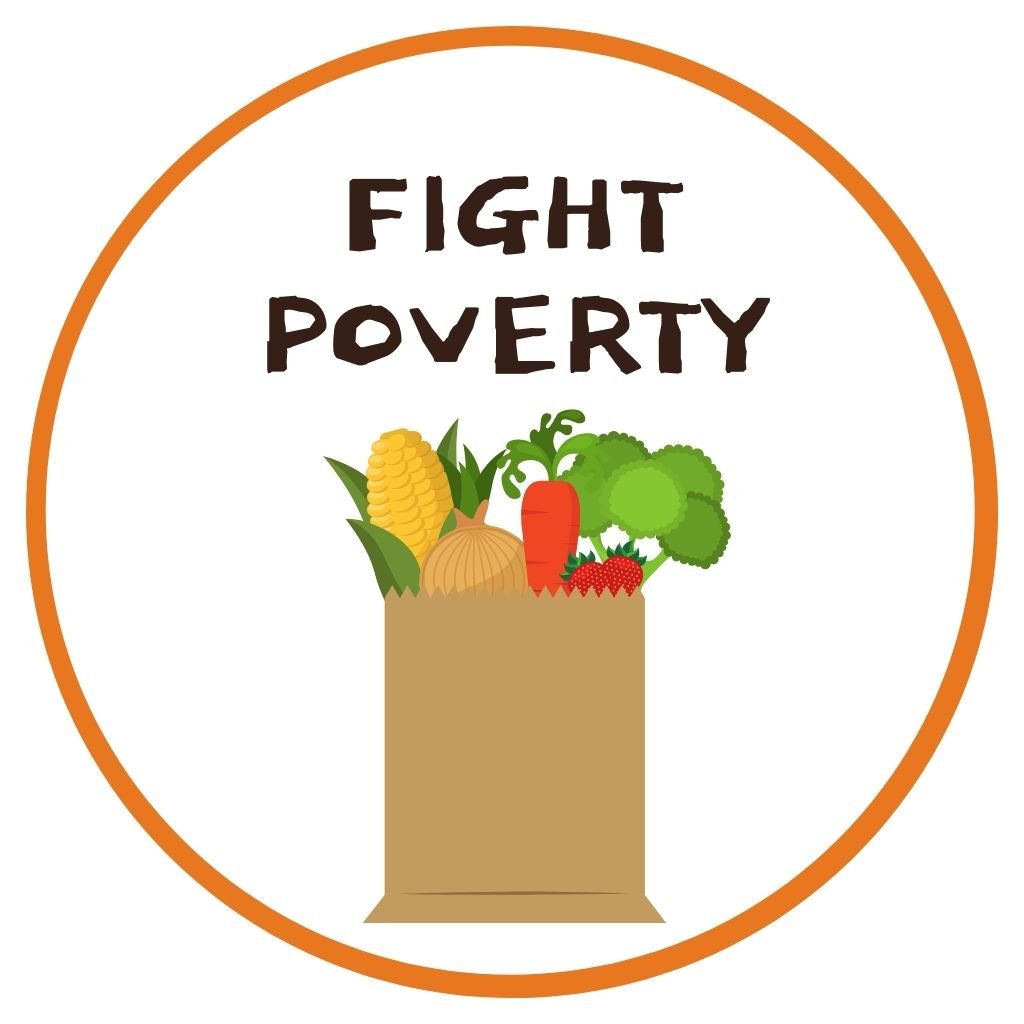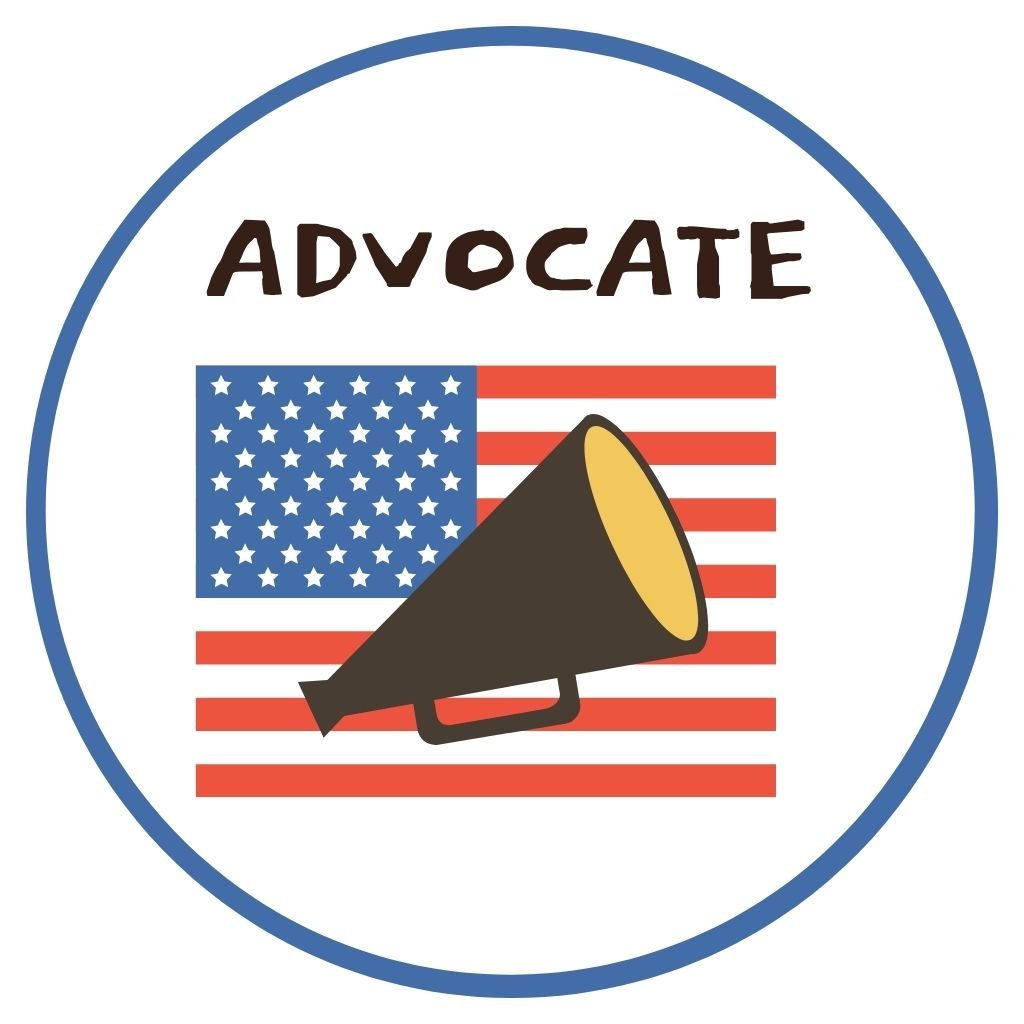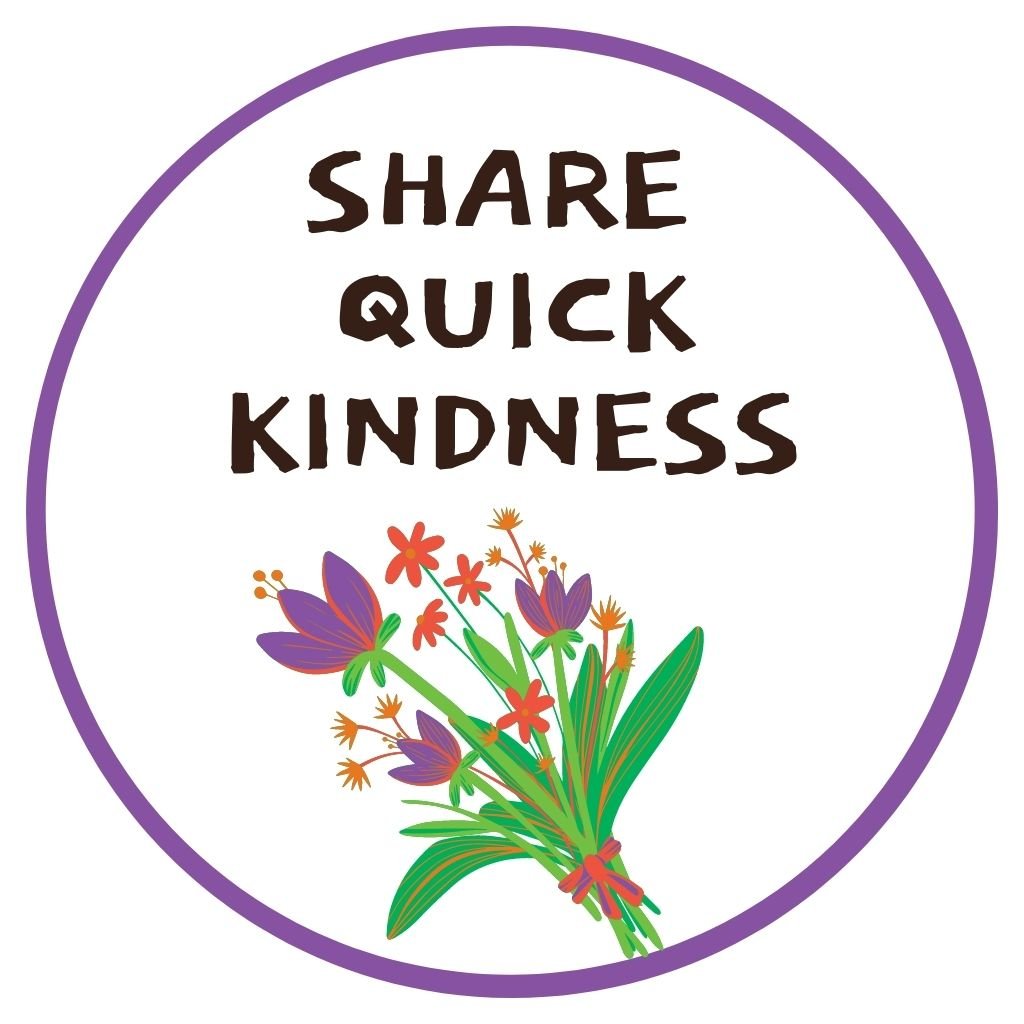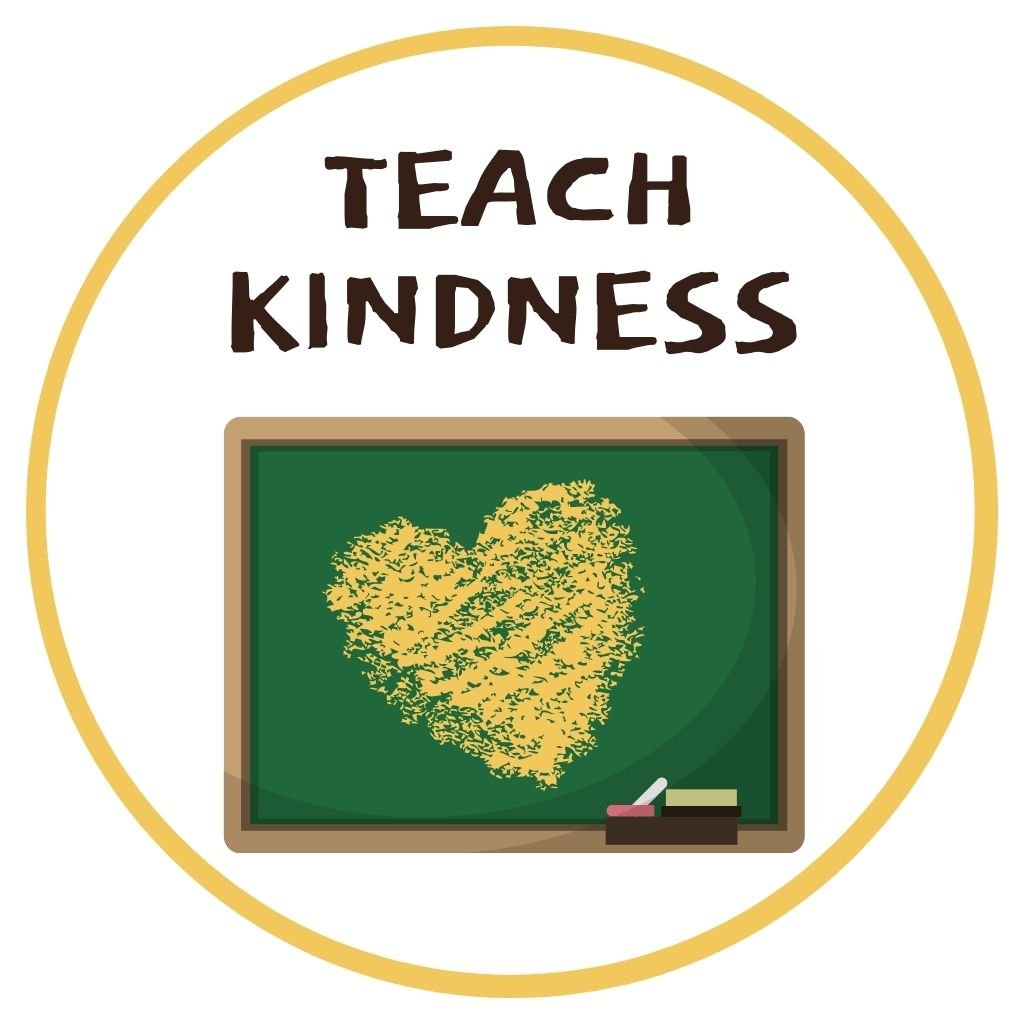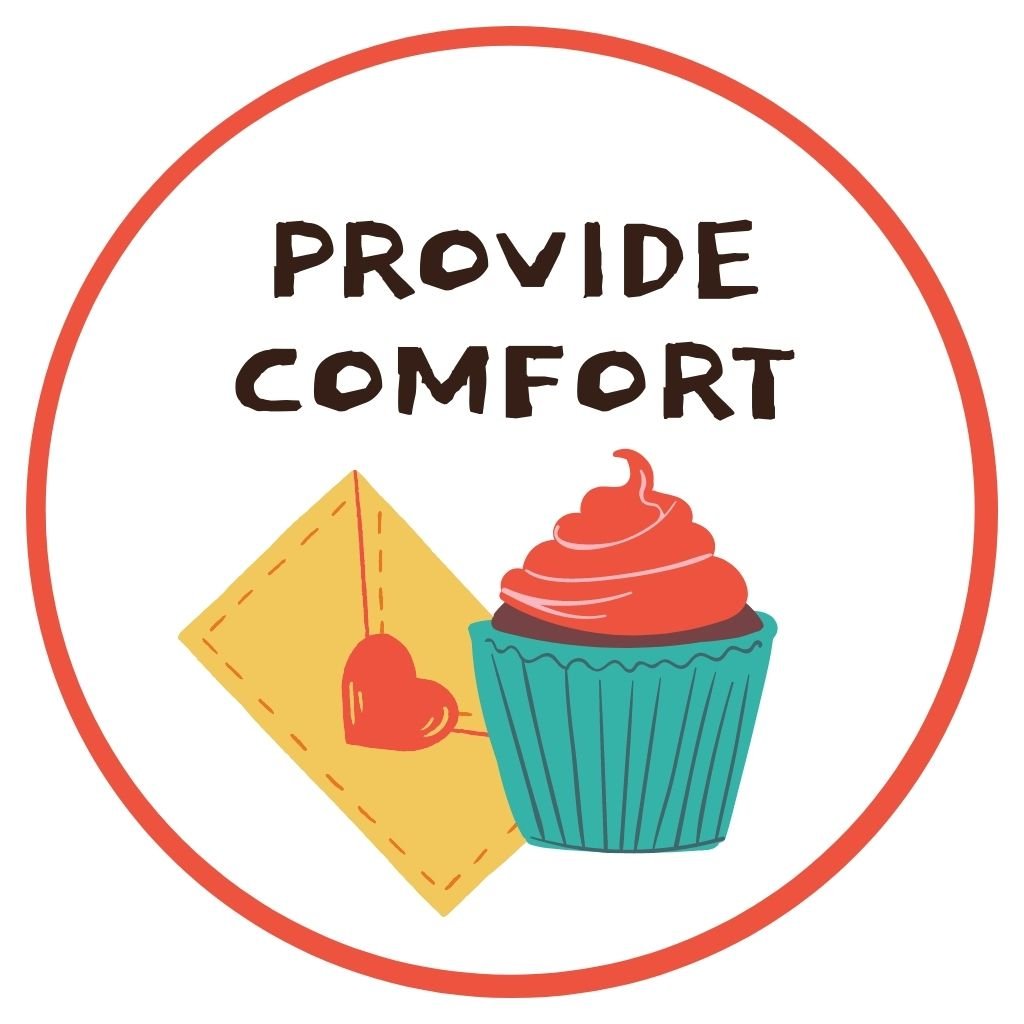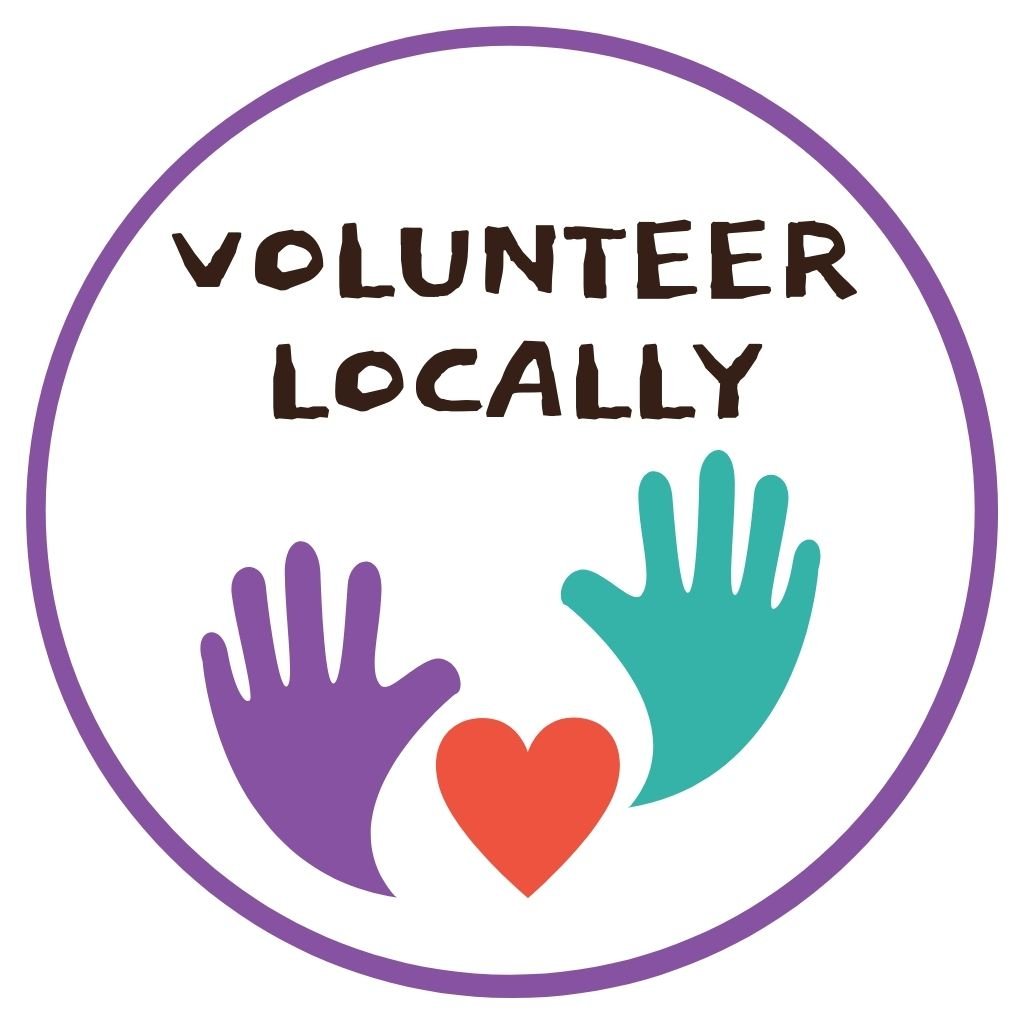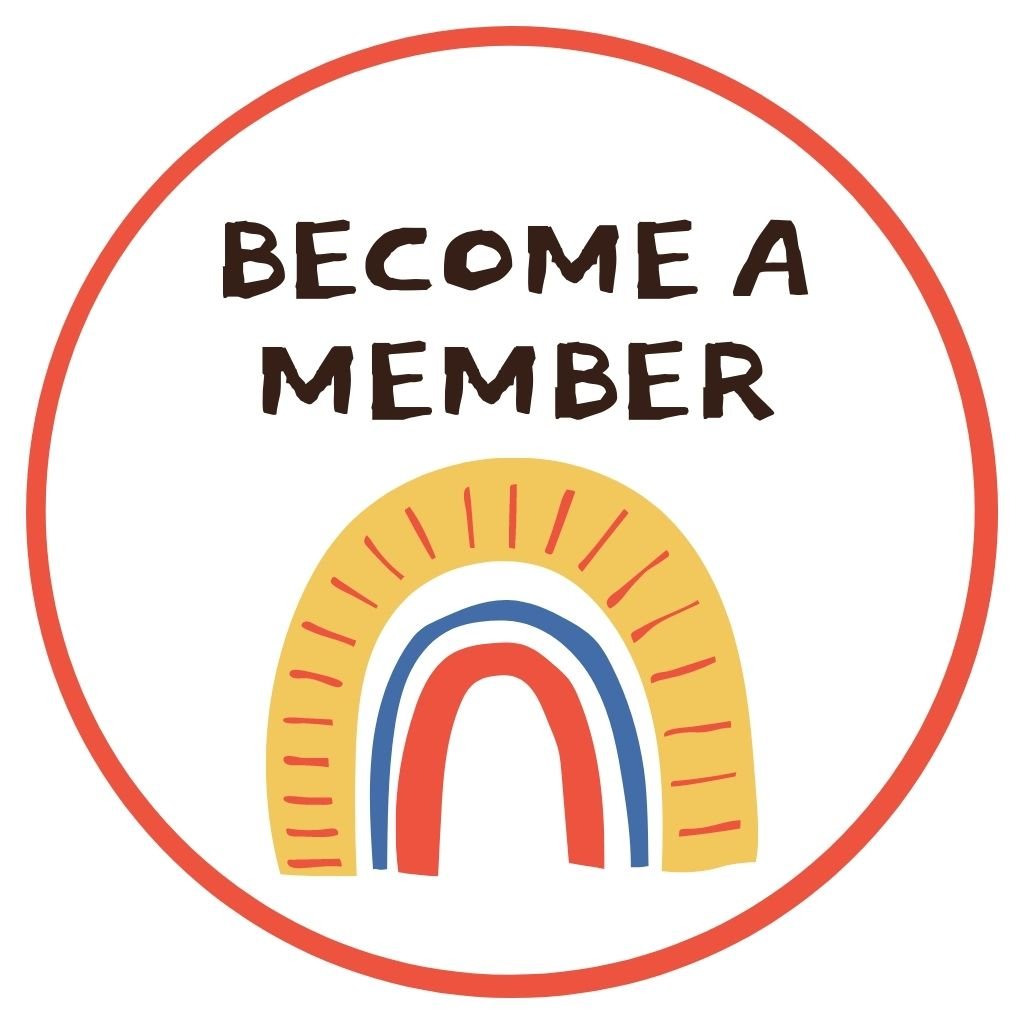There are moments of national or global crisis that cast a gray mist over regular daily life. Who can focus on that monthly report or the next load of laundry when a humanitarian crisis is unfolding minute by minute?
In times like these, I want to gather up our country's leaders, seat them on colorful rug squares like so many kindergartners, and start their education over. Empathy, a skill that should be essential for anyone making decisions on a grand scale, is quickly declining.
When we as a nation insist on using words like aliens or invasion or take over when referring to immigrant families and children, we've lost our ability - or our willingness - to understand the challenges others face. We've given up on walking in the shoes of others.
For nearly 15 years, families have been at the heart of Doing Good Together's mission. Time and again we've watched families address national crises with meaningful acts of kindness and service. Though these actions feel small, they make a tremendous impact on the sort of person your children will grow up to be.
During this time of crisis, it is crucial that we nurture a real sense of empathy for immigrants and refugees within our own families.
I realize it's difficult to know what to say, but by helping our children see and understand the struggles of others, we will lay the groundwork for the next generation of change makers.
With practice, we can raise a generation committed to approaching every major decision with Laura Bush's eloquent line in last week's Washington Post: Can we not find a kinder, more compassionate and more moral answer?
6 Ways Your Family Can Empathize and Advocate for Immigrants.
1. Explain the Issue
The older your child, the more likely they are to have overheard snippets of news. It's possible - even likely - your child has formulated a few misconceptions. As parents, it's our job help them understand - in an age-appropriate way - what is happening. Begin as simply as possible, and follow your child's lead if they ask questions. Be sure to conclude with a sense of hope by highlighting all of the work others are doing to help improve the situation.
2. Build Empathy with Perspective-Taking and Reflection
Empathy is a skill, one that we can practice and improve upon at every age. All it requires is time enough to wonder, what would it be like to be them? Here are a few questions to get you started.
What do you think motivates people to migrate, or move to another country? (Common reasons include: to access better opportunities for their children, to reunite with family, to get an education, to access better health care.)
With older children, ask what do you think motivates people to flee their country? (Common reasons include: to escape poverty, to escape persecution, to escape violence, to escape damage caused by an environmental disaster.)
With older children, explain what it means to be an asylum seeker or a refugee, someone who is forced to flee their home and request safety elsewhere. They fear they will lose their lives or freedom if they stay.
What would it be like to be forced to leave your home and move to a new country? What would you pack? What would you miss?
What could help make someone new to our country feel more comfortable and less scared in their new home?
Always reassure children that they are safe, and focus on positive ways to make a difference rather than on despair.
3. Advocate on Behalf of Immigrants
Assure kids - and perhaps yourself - that democracy is a work in progress. By weighing in as active citizens, we can help change policies that don't work. Here are practical ways your family can pour on the pressure to change broken policies:
Sign petitions on behalf on compassionate immigration policy.
Call or write your congressional leaders. Our project instructions will walk you through it if you haven't reached out before.
Share your activism (and this article!) on social media to inspire other families to make a difference.
4. Launch a Fundraiser On behalf of Immigrants
Host a lemonade stand, a car wash, or a garage sale with DGT's helpful project instructions. Or craft a Giving Box and have each family member contribute. Perhaps friends and extended family will want to donate as well.
Feel free to share your favorite organization in need of support in the comments. Here are three groups DGT is excited to support:
Young Center for Immigrant Children’s Rights, which advocates for many of the separated and unaccompanied children.
Las Americas Immigrant Advocacy Center, which provides legal representation to low-income immigrants and families seeking reunification.
Tahirih Justice Center, which provides legal services, policy advocacy, and training and education to protect immigrant women and girls fleeing violence.
5. Encourage Global Experiences
Now is the perfect time to expose our families to a more diverse array of experiences. We can help our children see the beauty of this melting pot country of ours by celebrating cultural differences while emphasizing the experiences, emotions, hopes, and fears we all have in common regardless of our background.
Take in a cultural festival. Find one near you with the search tool EverFest.
Watch your next favorite movie by choosing one from Common Sense Media's wonderful Foreign Films for Kids list.
Read widely, and discuss the character's experiences and emotions. Choose any title off our collection of picture books about refugees.
6. Shut Down Political In-Fighting
In your effort to raise support and awareness, you may encounter disagreement. If friends or family push back on your concern by switching the conversation to popular talking points, stop them right there. Return, time and again, to the humanity of the issue at hand. Return to your values, beginning sentences with words like this:
I care about... because...
I don't know what the perfect solution is, but I do know I want to live in a country where...
If I were in their position, I would hope...
Here at Doing Good Together families are at the heart of our work. We help families volunteer together. We empower families to make a difference.
Nurturing empathy, protecting human rights, and meeting the needs of families are core to our mission.
We recognize that crafting immigration policy is complicated, but treating families and children with compassion and human dignity is not.
Though it's easy to feel helpless in the face of an unfolding disaster, Doing Good Together has always relied on two essential truths. In every crisis, there is something you can do to make a difference. And your family's actions, along with your empathy, will shape the next generation of helpers and heroes.
We would love to hear how your family is practicing empathy and advocacy together. Share your story in the comments!
Join our Big-Hearted Families Membership Circle!
We'll help you keep kindness on your family calendar all year long.
Disclaimer: Doing Good Together™ is a participant in the Amazon Services LLC Associates Program, an affiliate advertising program designed to provide a means for sites to earn advertising fees by advertising and linking to Amazon.com.
The recommendations we offer are based solely on our mission to empower parents to raise children who care and contribute.






